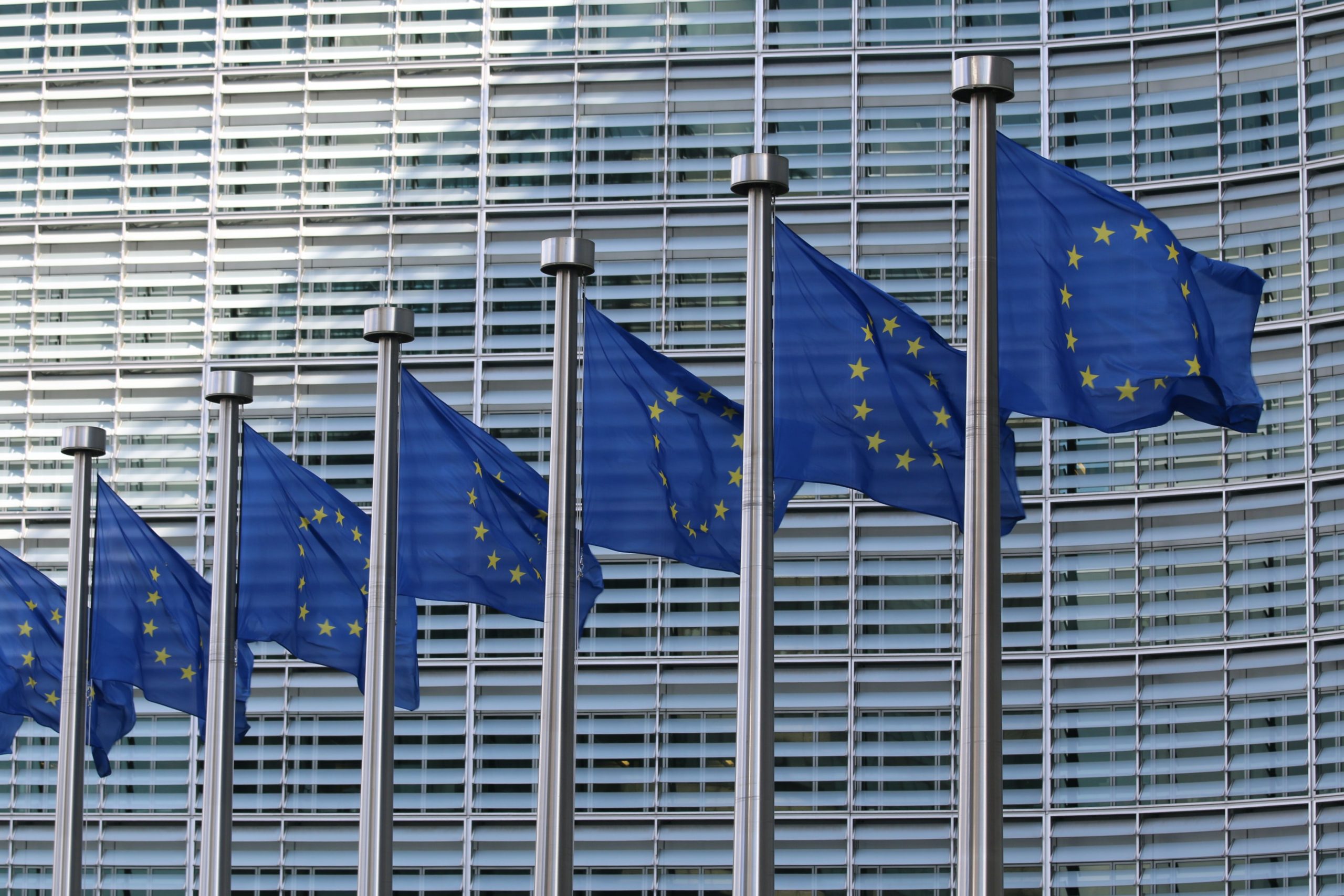Belgium – Just Transition Fund, aimed at helping transition to a low carbon economy across Europe, has been approved.
The EU is committed to achieving climate neutrality by 2050 and has integrated the target across all its policies within the European Green Deal to tackle climate change. This ambitious target requires a transition to a low carbon economy and is challenging for regions relying mostly on fossil fuels and carbon-intensive industries.
Proposed in January 2020, approved in May 2021
To address the transition’s social, economic, and environmental implications, the European Commission proposed the Just Transition Fund in January 2020 as part of the €1 trillion European Green Deal climate finance package.
The Fund was approved by MEPs in May 2021, endorsing the agreement reached with the Council in December 2020 for €17.5 billion. For this €7.5 billion comes from the EU’s budget for 2021-2027 and €10 billion from the EU Recovery Instrument.
Funding focused on fossil fuel dependent countries
All EU countries will be able to receive funds, but resources will be focused on the regions facing the greatest challenges: those with high carbon intensity and a heavy reliance on fossil fuels. The country’s riches will be considered as well.
A Green Rewarding Mechanism proposed by the Parliament will be introduced if the fund’s resources are increased after 31 December 2024. They would be distributed among EU countries, while those that had cut greenhouse gas emissions from industry the most receiving more.
The fund’s funding cannot be used for nuclear power plant decommissioning or construction, tobacco-related operations, or investment in the production, processing, transportation, distribution, storage, or combustion of fossil fuels.
Investment aim
The Just Transition Fund intends to invest in small and medium-sized businesses, as well as microenterprises, universities, and public research institutions. It will also invest in digital innovation and initiatives related to education and social inclusion. It will also invest in affordable clean energy, emission reduction, energy efficiency, renewable energy, and energy storage technologies. The funding will also go toward heat production for renewable-based district heating, as well as smart and sustainable local transport and regeneration. The Fund will help with site decontamination, land restoration, and repurposing.
In addition, the Fund will invest in the circular economy, which includes waste prevention, reduction, resource efficiency, reuse, repair, and recycling, as well as worker upskilling and reskilling for alternative employment, job search support, and the transformation of current carbon-intensive installations.




